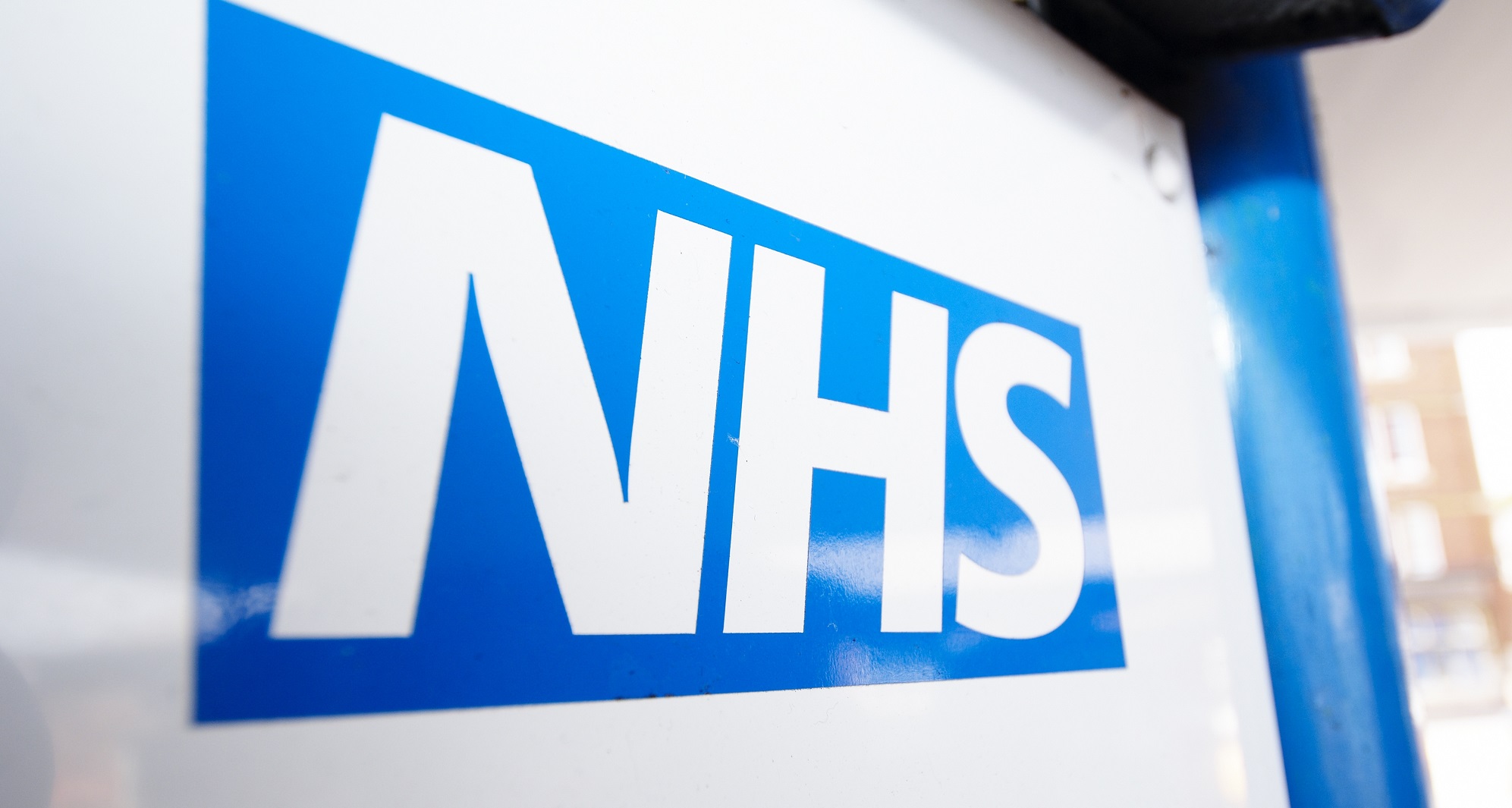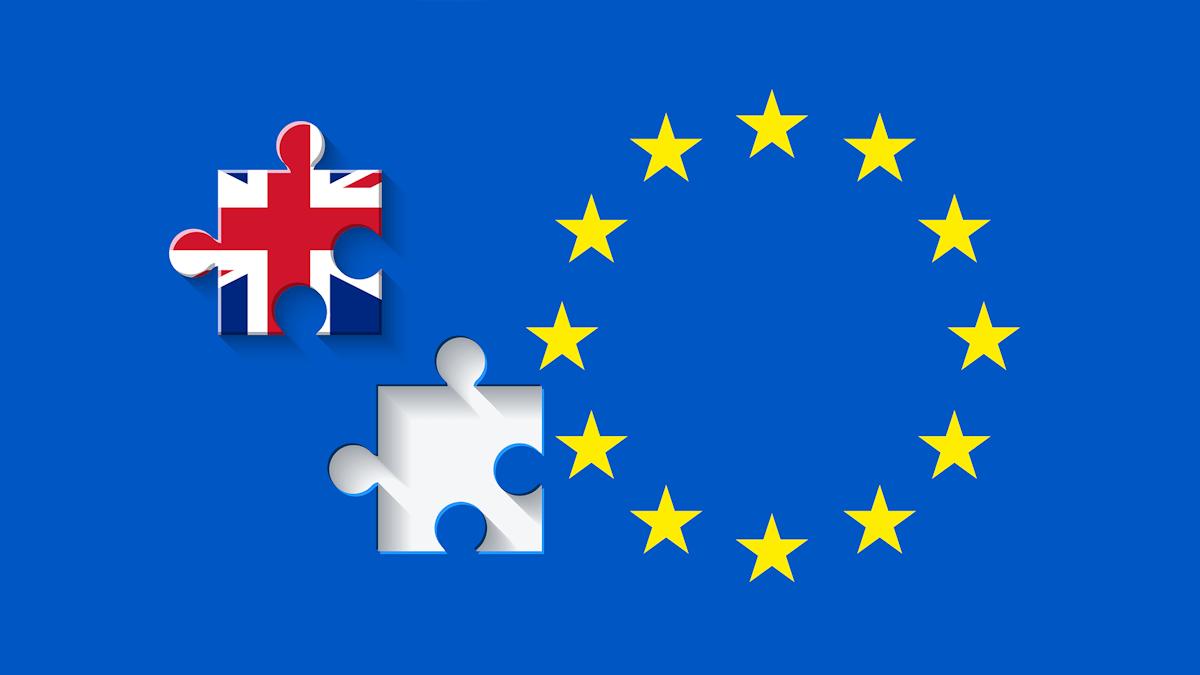NHS should receive promised Brexit cash, says Stevens

NHS England’s chief executive Simon Stevens has called for a huge increase in funding for the health service, and says the money promised during the EU referendum should be delivered.
Foreign secretary Boris Johnson was a leader in the 'Leave' campaign in the summer of 2016, and famously – or infamously – toured the country with a bus promising £350 million a week extra could be spent on the NHS if Brexit happened.
Despite the UK’s official statistics chief subsequently censuring the use of this figure for being inaccurate, Simon Stevens, the most powerful NHS leader, is calling for the pledge to be honoured.
This sum would equate to an extra £18bn a year, far in excess of the sums being suggested by NHS leaders and think tanks.
Delivering his speech today at the NHS Providers annual conference, Stevens warned NHS services could deteriorate sharply in the next few years without an urgent injection of cash. He said the budget has grown modestly in recent years, but those rises would "nose-dive" in the next few years.
“The NHS wasn’t on the ballot paper but it was on the battle bus.” Honour your promises, Simon Stevens tells govt. Quite right too. https://t.co/xYqYUqEyHa
— Rachel Clarke (@doctor_oxford) November 8, 2017
The remarks have been seized on by NHS supporters, including campaigning doctor Rachel Clarke
He predicted that hospital waiting lists could grow by 25% to five million by 2021. He added that public confidence in politics and the safeguarding of the NHS was at risk.
"Trust in democratic politics will not be strengthened if anyone now tries to argue, 'You voted Brexit, partly for a better funded health service. But precisely because of Brexit, you now can't have one.'"
The speech is Stevens’ most politically provocative statement yet, and comes just a fortnight before the Budget where the government will set out its spending plans.
The speech coincides with a rare joint statement from three leading health think tanks, calling for the NHS to receive at least £4 bn extra a year in the Budget to prevent patient care deteriorating.
New analysis in a briefing from the Health Foundation, The King’s Fund and the Nuffield Trust shows that current spending plans fall well short of what the NHS needs based on an assessment of Office for Budget Responsibility (OBR) projections and historic rates of funding growth. Based on the government’s current spending plans, the analysis estimates there will be a funding gap of at least £20 billion by 2022/23.
The government has promised the NHS front-line budget will be £8bn a year higher by 2022 - once inflation is taken into account .
But that does not take into account the whole health budget - which also includes spending on areas such as training and public health spending on healthy lifestyle services, including smoking cessation services. Once that is factored in, the current average annual increases represent less than 1% growth, and this will dip further in the coming years.
The briefing underlines that 2018/19 will be a crunch year for the health service, with funding per person projected to fall by 0.3% - the lowest rate in this parliament and one of the lowest in NHS history. Historically, the service has enjoyed annual rises of about 4% to cover the cost of the ageing population and new medicines.
Even with this emergency injection, the organisations warn that this might not be enough to close the estimated funding gap by 2022/23, despite productivity in the NHS improving at a faster rate than in the wider economy.
The problems in the health service is being exacerbated by even bigger concerns about the social care system, which the think tanks warn is on “the brink of crisis.”
The three organisations also argue that a new independent body should be established – modelled on the OBR – to assess long-term health and care spending in place of what they call "the short-termism that has plagued NHS and social care funding decisions."
Jennifer Dixon, chief executive of the Health Foundation, said: ‘Public opinion consistently shows, through polling and voting, that the NHS is a top priority issue facing Britain. Without proper investment now, the NHS will slip well below the standards and outcomes of health care provided by our European neighbours. This is entirely avoidable. An extra £4 billion in 2018/19 would simply be a return to the average increases of the first 63 years of the NHS’s history. The additional funding required is not exceptional, it is the past seven years of austerity that are the exception.’
A Department of Health spokesman said: "Research shows spending on the NHS is in line with most other European countries, and the public can be reassured that the government is committed to continued investment in the health service."
For the UK pharmaceutical industry, long-term NHS funding is one of its key concerns. The unprecedented squeeze on funding is also affecting the uptake of new medicines, with local CCGs delaying access, and national budget holder NHS England introducing new measures to delay uptake and extract more discounts from the industry.
Ahead of this year's UK general election, industry body the ABPI made an unprecedented call for an increase in health service budgets in order to "secure a world class NHS,". It sees this as vital to not only supporting the nation's health, but also stimulating the UK life sciences sector.













